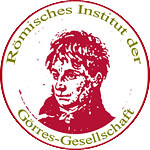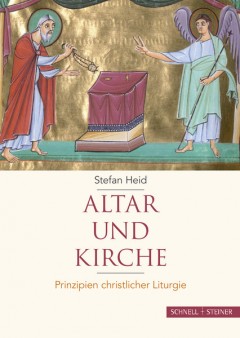Altar und Kirche
Stefan Heid | 1. und 2. Auflage 2019
Prinzipien christlicher Liturgie
An altar is a place of sacrifice or an offering table as a place of worship for deities (Wikipedia). Whether what Christians use in worship today may be an altar is a matter of dispute among the denominations. Since the liturgical reform of the Second Vatican Council, the altar has been the focus of many new designs of Catholic church rooms. In doing so, one likes to orientate oneself on the early church. The Council refers to the "norm of the Fathers". But how can this be reconciled with the widespread opinion that Christianity did not know any cult or sacrifice in the beginning, but only love and sin feasts, celebrated in house churches? It was only late, since the time of Emperor Constantine, that a real state cult with sacrifices, altars and magnificent sacred spaces developed, and the Church is still suffering from this historical ballast today. But is that really true? Or are these not rather clichés that need to be critically questioned? This volume cuts a few paths through the thicket and arrives at results that are as surprising as they are stimulating.
Verlag Schnell & Steiner, Regensburg, 2. Auflage
fadengebunden mit Pappband
496 pages, 150 fig.
ISBN 978-3-7954-3425-0
- Details
- Written by: Stefan Heid
- Category: Publications
 Römisches Institut der Görres-Gesellschaft
Römisches Institut der Görres-Gesellschaft







